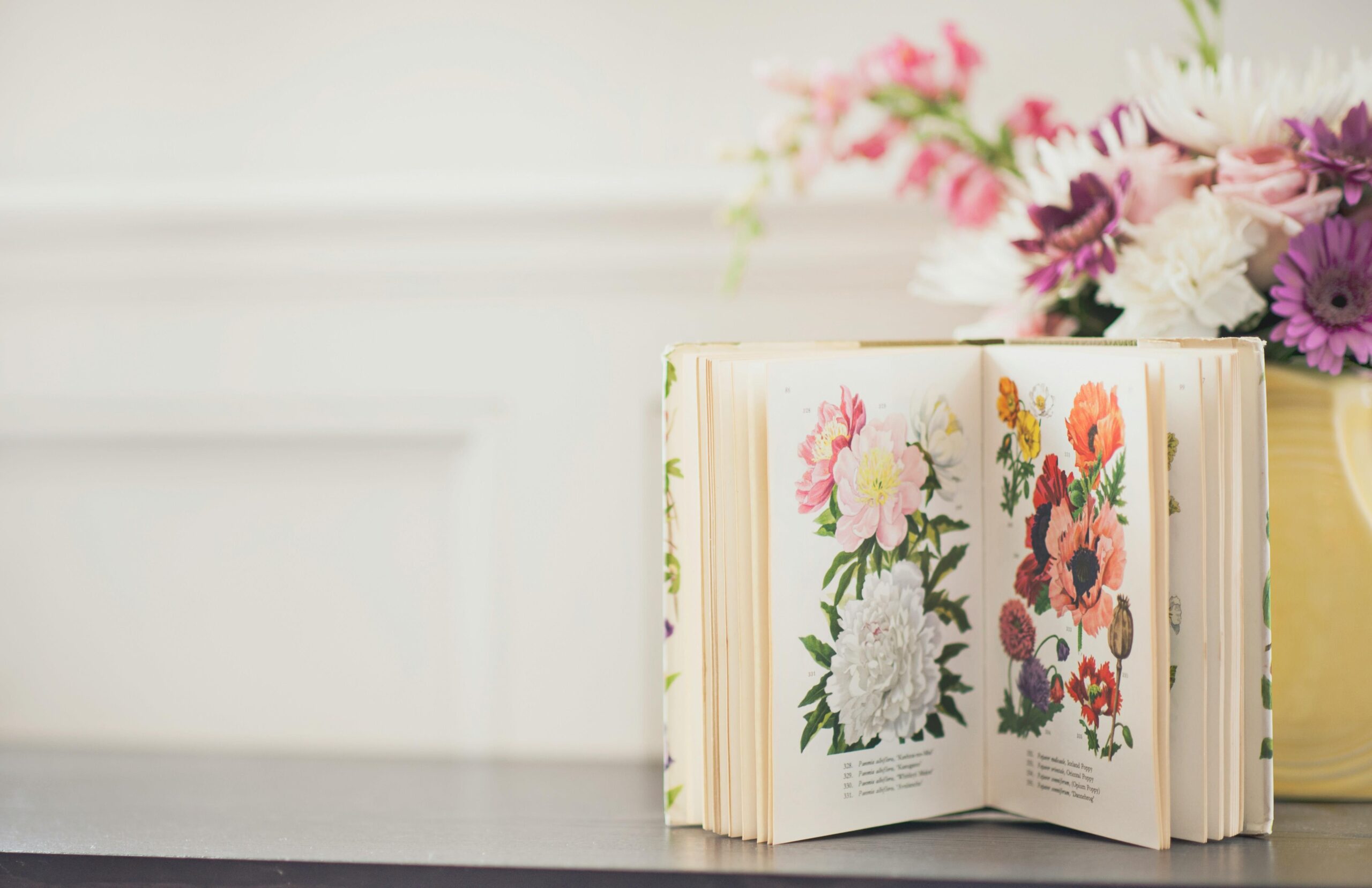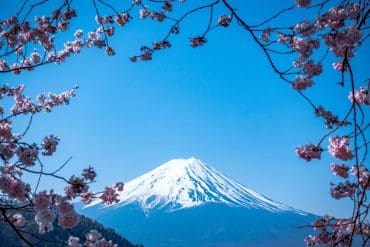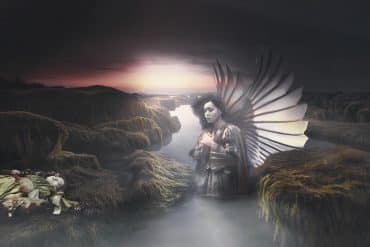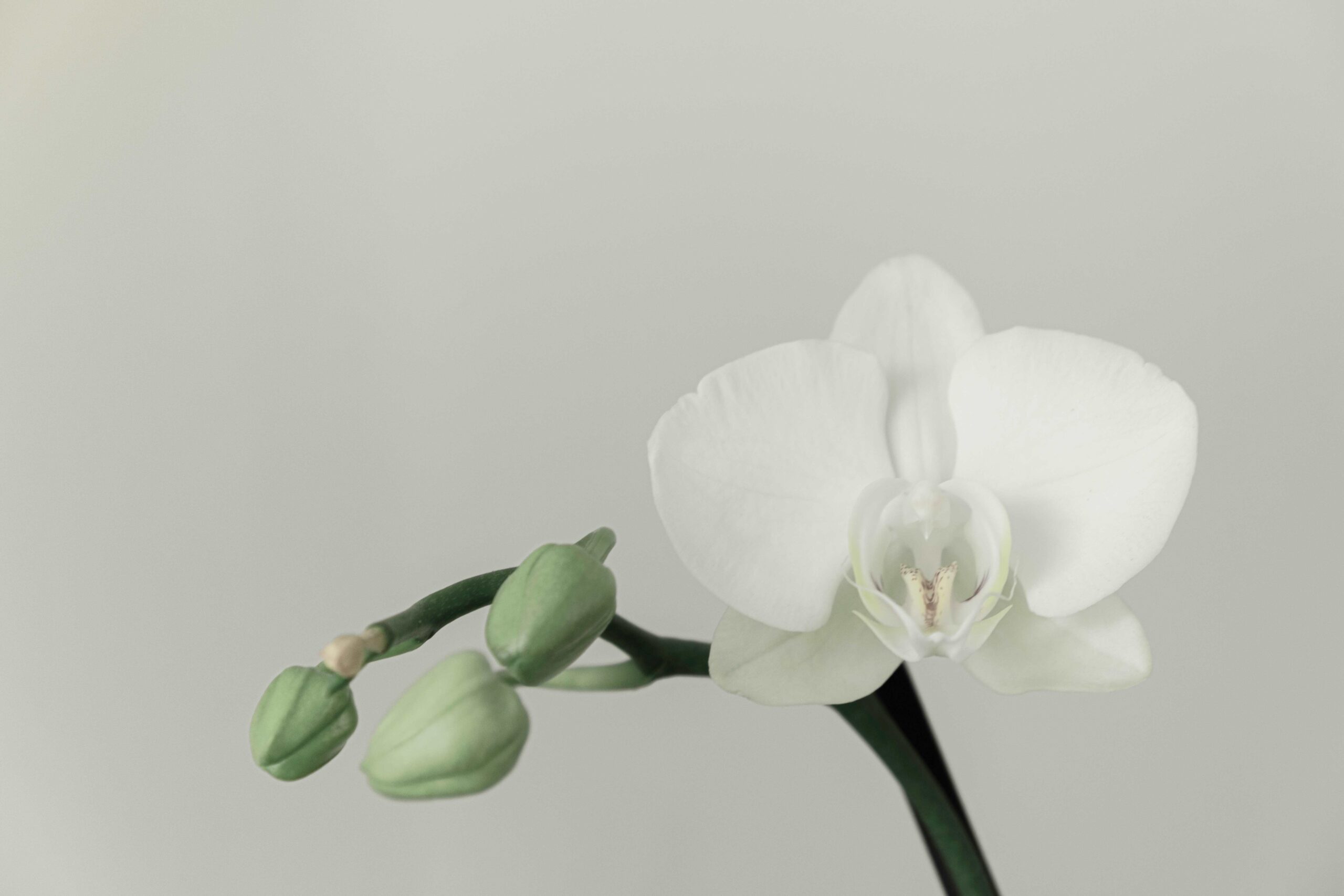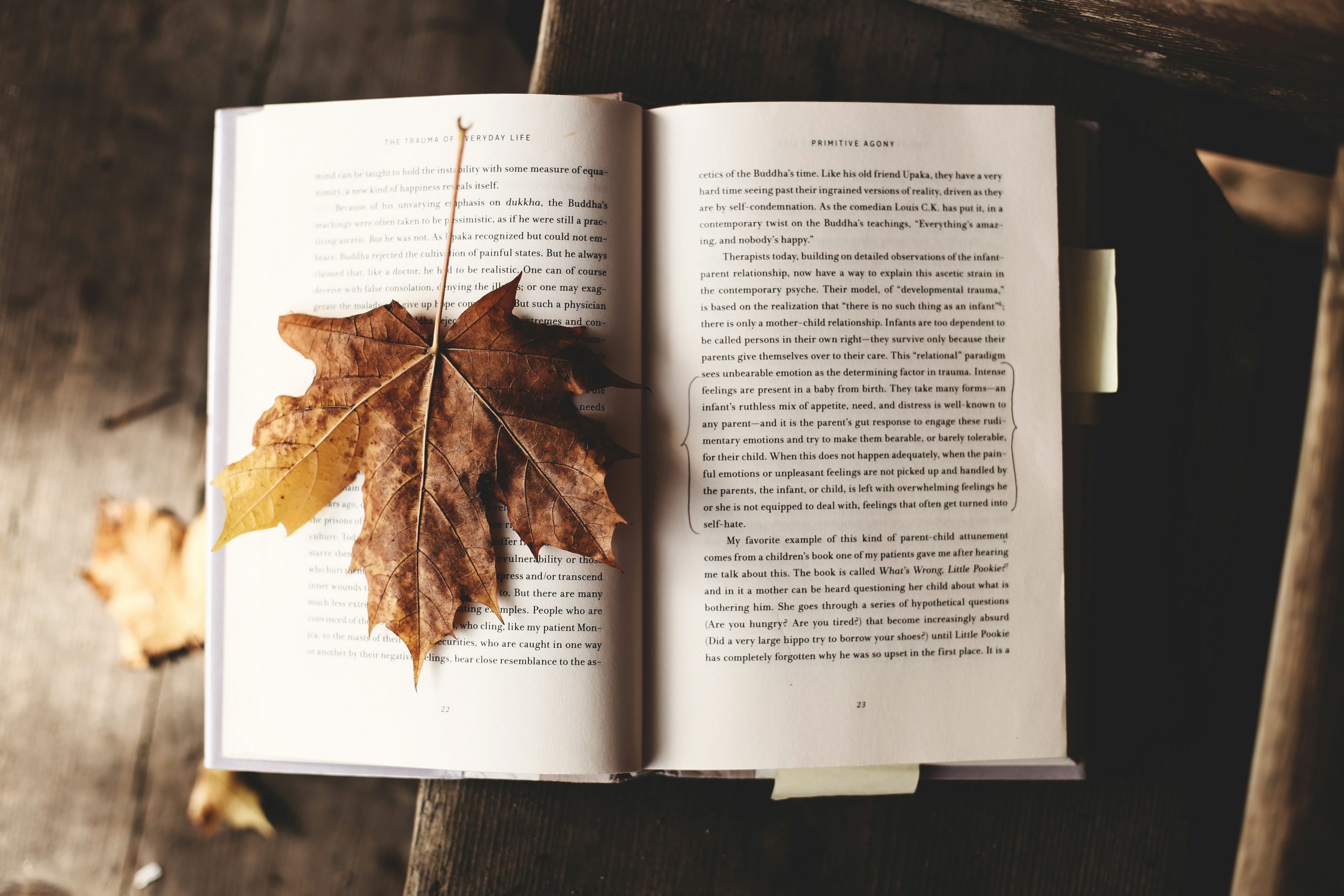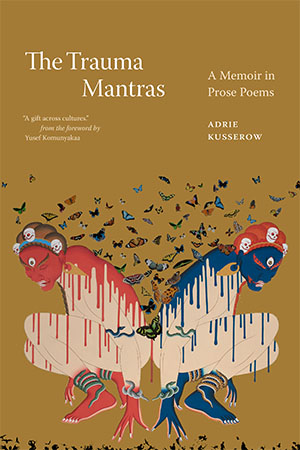Book Review: Revealing the Mantra of Trauma
Author’s Memo
This review of The Trauma Mantras seeks to convey the profound impact of Adrie Kusserow’s work, a poignant autoethnographic exploration of trauma that bridges East and West. Kusserow’s reflections as a medical anthropologist reveal the intricacies of suffering within refugee communities, while she critiques the imposition of American individualism on non-Western cultures. Through evocative language and personal anecdotes, Kusserow invites readers to confront the delicate balance between empathy and cultural respect, challenging us to witness humanity’s shared fragility amid diverse experiences. Her work resonates deeply, leaving readers with a call to engage with vulnerability and compassion across boundaries.
Adrie Kussserow’s The Trauma Mantras is a melding of East and West, a visceral autoethnographic remembrance of who we are as humans. A medical anthropologist, teacher, and writer, Kusserow writes of her lived experience navigating self, trauma, and emotion in her anthropological work with refugees and humanitarian projects in Bhutan, Nepal, India, Uganda, South Sudan, and the United States. She is department Chair of Sociology/Anthropology at St. Michael’s College and author of Refuge, Hunting Down the Monk, and American Individualism.
‘Adrie Kussserow’s The Trauma Mantras is a melding of East and West, a visceral autoethnographic remembrance of who we are as humans.
Kusserow’s elegant prose is dense, deep as the well of tears spilled from refugees and as gritty as the refuse of their streets. So quickly was I submerged into the ethnic memory that I was disoriented, ashamed at my ignorance of the places and events that Kusserow details. Immediately you are immersed in the experience of the refugee-other and faced with America’s misguided attempts to heal the broken parts of those they do not understand, resulting in a stripping of tribe and story: “It’s a delicate balance, the cultivation and dissemination of one’s suffering story” (Kusserow 74). A balance that Kusserow dances with grace.
American individualism creeps into the wounds of the refugee, realigning their pain into the Western conception of suffering and changing their history for the solitary ‘I.’ In the chapter “Breathe with Me Barbie,” she senses the clashing of American ideals with a group of girls’ history as they meet America’s favorite doll:
“I want to tell them this is an odd reversal of their usual rites of passage, practiced in the United States of the tiny singular self, the psyche stripped of history, land. I want to caution the girls about the seductive Museum of Me, the cult of uniqueness fed by consumerism” (100).
‘A medical anthropologist, teacher, and writer, Kusserow writes of her lived experience navigating self, trauma, and emotion in her anthropological work with refugees and humanitarian projects in Bhutan, Nepal, India, Uganda, South Sudan, and the United States.
Kusserow paints for us her fears of the marks of globalization on the villages of the vulnerable, individualism and technology erasing culture and heart, making robots of a generation. She muses, “Perhaps they will look back bewildered at the grief that overcame elders like me, the day we thought the psyche had fled the present moment, our young’s attention scattered like birdseed” leaving us to question the prevalence of technology in our own lives (126).
The Trauma Mantras is also thoroughly humanist. Her stories peel back the differences between our worlds and invite her readers to consider the experiences that bind us. From her post-partum ruminations to her mourning of her college-bound children, Kusserow reveals her own heart, often reflecting on herself as a mother and as a professional: “I thought my sermons on injustice would help her [her daughter] digest the suffering she saw, but it was all too much, so back in the car she swan-dove into my lap and hid her face the rest of the drive” (130). Not shying away from her own suffering, she humbly sketches her journey through cancer and life, trusting us with her strength and her humanity.
‘The Trauma Mantras is also thoroughly humanist. Her stories peel back the differences between our worlds and invite her readers to consider the experiences that bind us.
Those looking to find the poetry in daily life, to understand and feel the human within the ethnic, will find themselves inspired by Kusserow’s weaving of memory and left breathless as she exposes the reality of the refugee and the privilege of mind and circumstance inherent in American culture.
A fresh addition to autoethnography, The Trauma Mantras is a complex immersion into the life of one who straddles worldviews. Kusserow vents the proverbial vein as she struggles to shake off the dust of Sudan and reaccept the privilege of home, artfully crafting her own ‘trauma mantra,’ and leaving us with a duty to the suffering and the vulnerable, “where refugees hide in comas and won’t come out until it is safe, the tender places that swell between borders” (153). She envelopes us into her lived experience so completely that we are assimilated into even those of her motherhood and fight for cancer. A beautiful, raw jaunt into the blurring of culture, Kusserow calls us to digest these stories, “consume them,” a savoring that will leave its mark well after the page is turned.
Credits
Image from The Duke University Press
Featured image by Ksenia Makagonova for Unsplash
Learn More
New to autoethnography? Visit What Is Autoethnography? How Can I Learn More? to learn about autoethnographic writing and expressive arts. Interested in contributing? Then, view our editorial board’s What Do Editors Look for When Reviewing Evocative Autoethnographic Work?. Accordingly, check out our Submissions page. View Our Team in order to learn about our editorial board. Please see our Work with Us page to learn about volunteering at The AutoEthnographer. Visit Scholarships to learn about our annual student scholarship competition.
An English MA graduate of Southern New Hampshire University, Emily LaVergne serves as an Executive Director of Education and Editor for The AutoEthnographer. Also working to support rising scholars as a graduate mentor and as a resource for local educators in Southern Louisiana, Emily seeks to find innovative ways to bridge the literary and contemporary space through autoethnography. Her current scholarship explores how literary concepts and writing practices can become dynamic solutions for present cultural issues.


